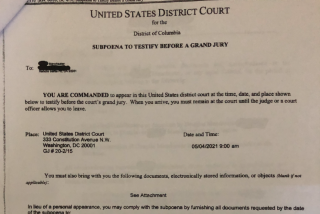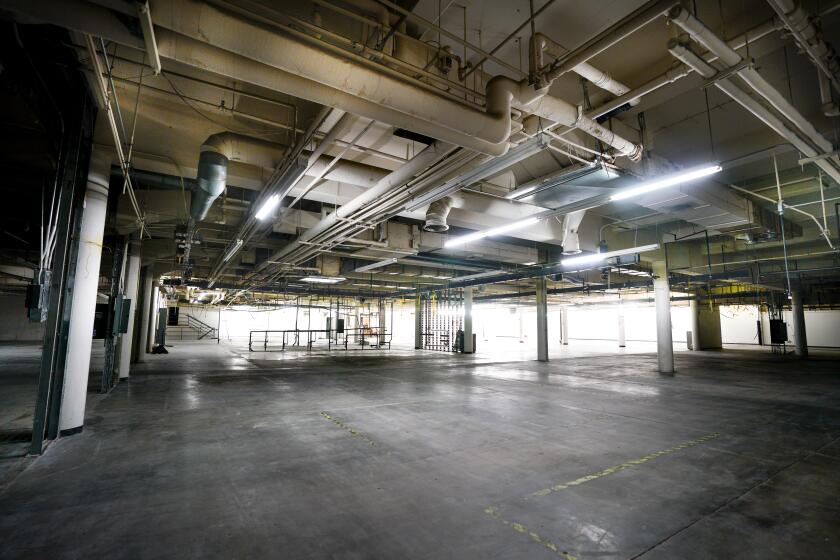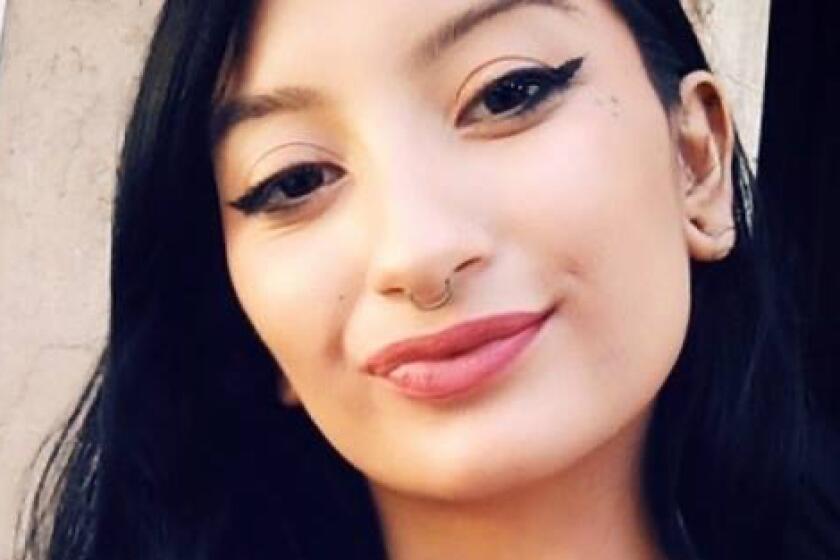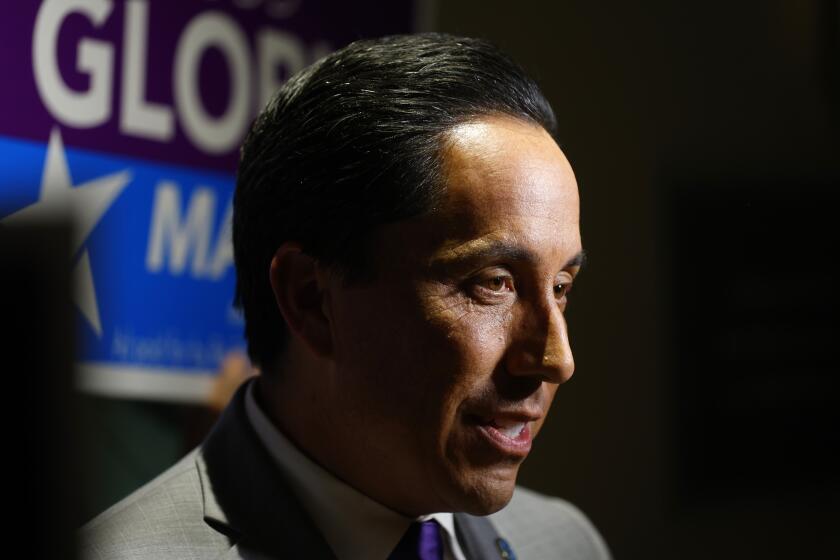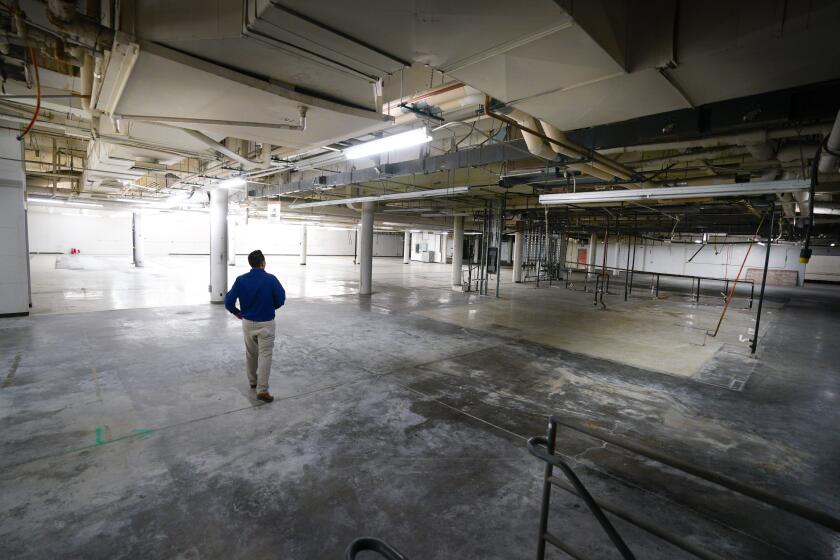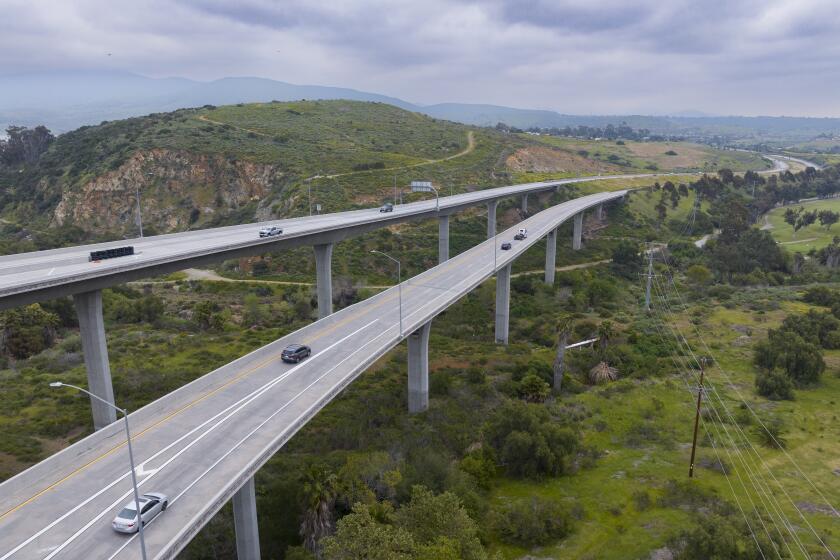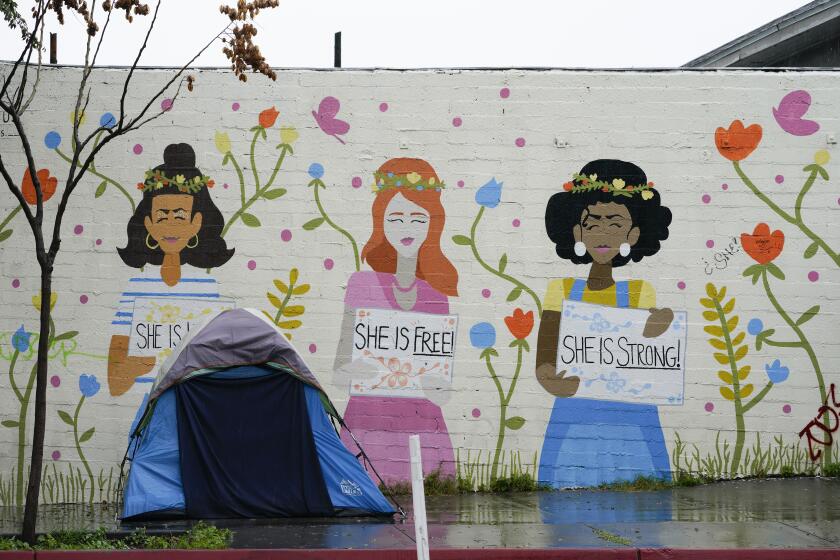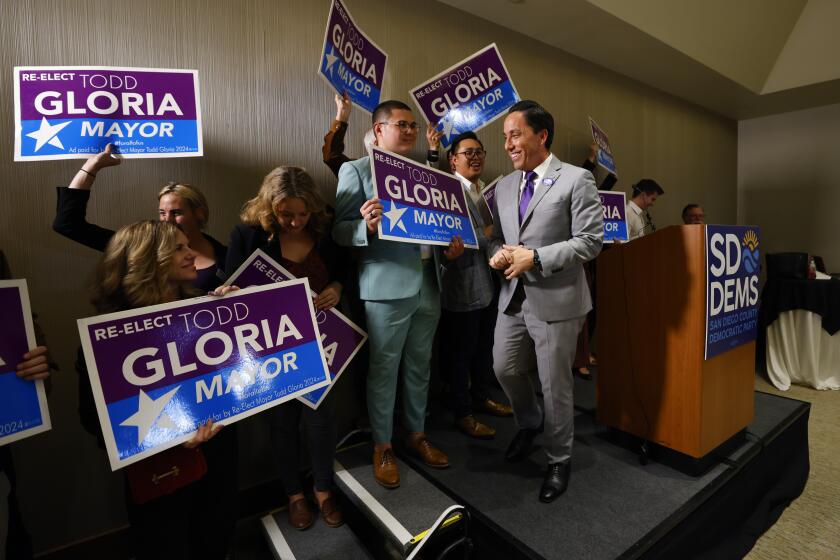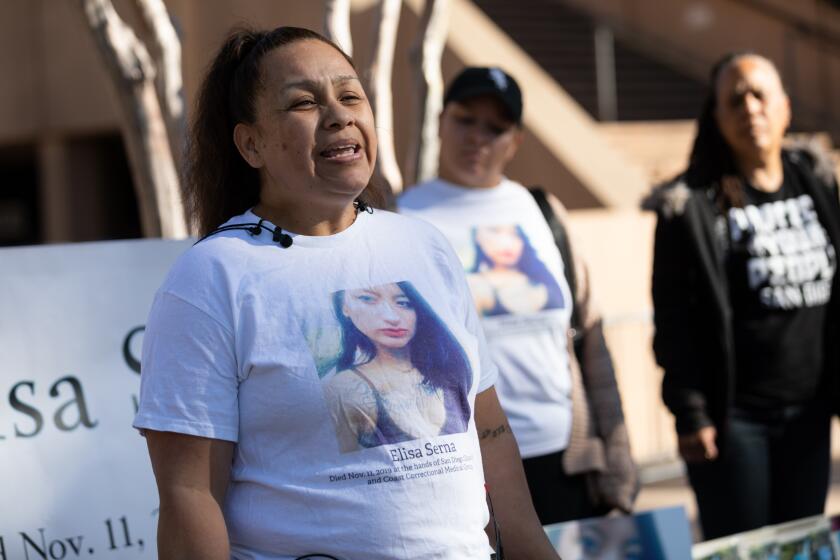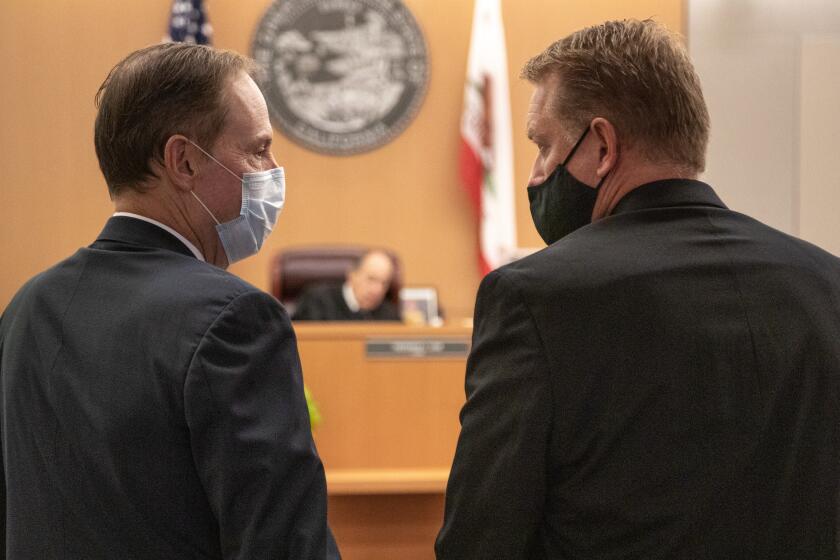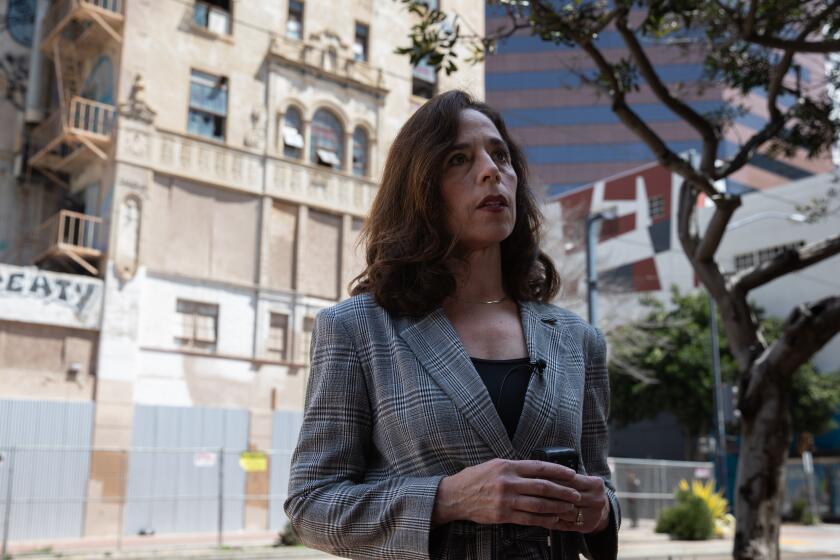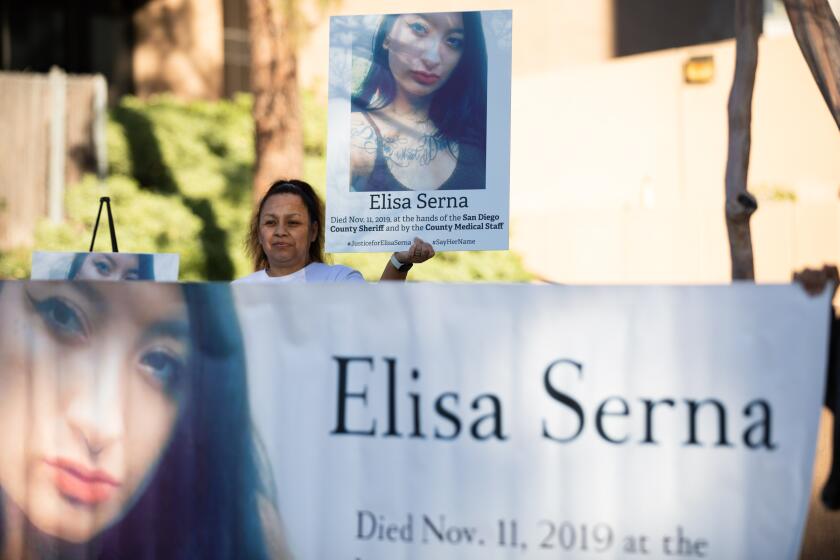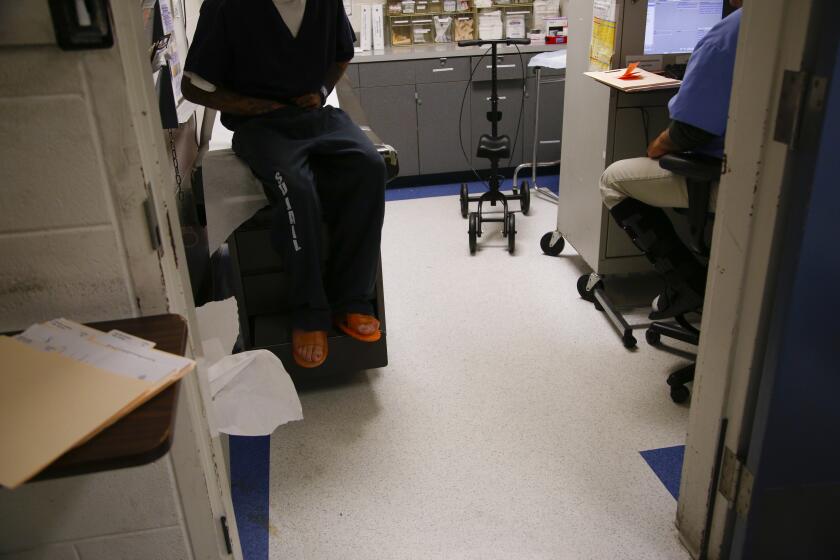Manchester’s political contributions, ambassador nod are subject of criminal probe
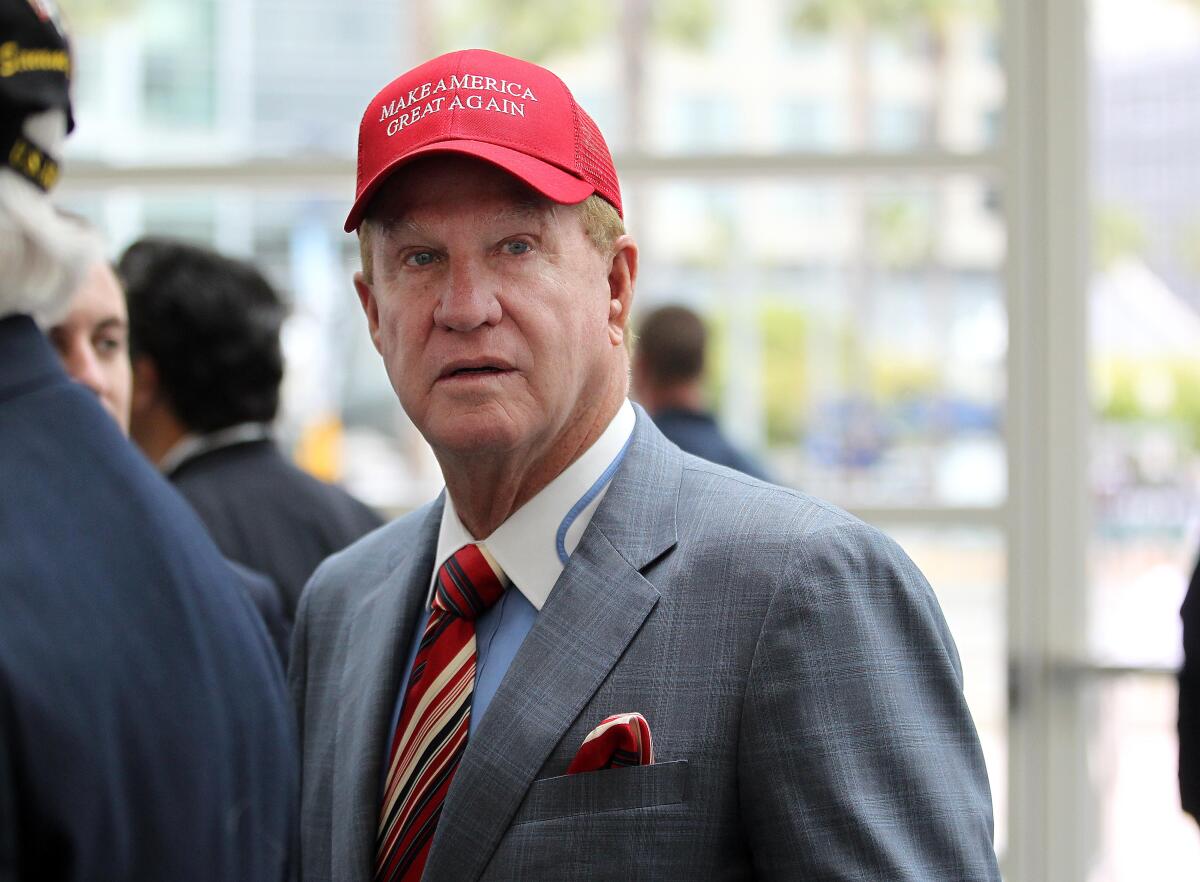
Records obtained by the Union-Tribune show subpoena being issued, witness summoned to testify in secret proceeding
A federal grand jury in Washington, D.C., has begun issuing subpoenas in a criminal investigation into the nomination of San Diego developer Douglas F. Manchester as ambassador to the Bahamas by former President Donald Trump.
The case appears to focus on the Republican National Committee and its two senior leaders, and possibly members of Congress.
Manchester, a well-known contributor to the Republican Party and to GOP elected officials and candidates, was nominated to become the U.S. ambassador to the Bahamas in May 2017, just months into the Trump administration.
But the nomination stalled in the U.S. Senate, prompting Trump to re-nominate Manchester to the post early in 2018. That nomination also was held up from Senate approval. Manchester withdrew his nomination in October 2019, saying that he was removing his name from consideration due to threats to his family.
Documents obtained by The San Diego Union-Tribune show at least one witness with the last name Manchester was ordered to provide records and information to a U.S. District Court grand jury last month, “in connection with an ongoing criminal investigation.”
That same person, whose first name was redacted in the U.S. District Court documents, also was commanded to appear at the courthouse on the morning of May 4 — and to bring a slew of materials.
The subpoena orders the recipient to “produce any and all records, documents and correspondence” in their possession, custody or control from May 1, 2017, to the present related to political donations made by Douglas Manchester, the unnamed Manchester and “Douglas or (redacted) Manchester’s family and/ or the nomination of Douglas Manchester to be the U.S. Ambassador to the Bahamas.”
The demand from federal prosecutors included an option for the witness to provide the requested documents directly to an FBI special agent in lieu of personally appearing at the Washington, D.C. courthouse.
A federal grand jury subpoena calling for the production of documents and information.
The documents request copies of any communications between the Manchesters, the RNC and RNC Chairwoman Ronna McDaniel and Co-Chair Tommy Hicks. They also demand communications between the witness and any employee or agent and any member of Congress or their staff.
Manchester, who hosted Trump at a San Diego campaign event in 2016 and contributed $1 million to the subsequent inauguration, declined to respond last week to multiple requests for comment on the grand jury investigation.
U.S. Department of Justice officials also would not discuss the criminal case. The Republican National Committee did not respond to a request for comment about the federal subpoena last week.
According to the grand jury reference number listed on the documents, the investigation was opened last year — before Trump left the White House.
Weeks after Manchester withdrew his nomination, emails surfaced indicating that Manchester was at the center of a possible “pay-to-play” arrangement with the Republican National Committee.
In November 2019, CBS News disclosed exchanges between McDaniel and Manchester that implied the San Diego developer would make additional contributions after winning confirmation.
Manchester told the Union-Tribune at the time that the emails were misconstrued.
“It wasn’t what everyone is trying to make of it,” he said then. “They are trying to make it a pay-for-play, which it is not. I never in fact guaranteed to do anything.”
Manchester, 78, was born in Los Angeles but grew up in Coronado and Pacific Beach. He graduated with a business degree from San Diego State University in 1965 and made his fortune in real estate and finance.
He developed some of the tallest and best-known buildings in San Diego County, with several bearing his name. He also founded two banks and cultivated relationships with conservative politicians both locally and nationally, mostly through his contributions. Manchester owned the Union-Tribune from 2011 to 2015.
Prosecutors appear to want more information about Manchester’s reply to an email he received in September 2019 from McDaniel, who asked him to “consider putting together $500,000 worth of contributions from your family to ensure we hit our ambitious fundraising goal.”
In his response, Manchester noted that one six-figure contribution to the committee was forthcoming and suggested more would be donated once his ambassadorship was secured.
“As you know, I am not supposed to do any (political contributions during the confirmation process) but my wife is sending a contribution for $100,000,” he told McDaniel by email, CBS News reported.
“Assuming I get voted out of FRC (Foreign Relations Committee) on Wednesday to the floor we need you to have the majority leader bring it to a majority vote,” he added. “Once confirmed our family will respond.”
Manchester told the Union-Tribune 18 months ago that his exchange with McDaniel was being misunderstood by those who were outside the conversation.
“I was just saying we will respond,” he said. “We could respond.”
Manchester copied aides to two U.S. senators whose support he needed to win confirmation on his emailed response to the RNC chair — a move that was criticized by several political experts, including former Sen. Bob Corker, then the Foreign Relations Committee chairman.
The Union-Tribune recently obtained three separate documents, each appearing to relate to the potential “pay-to-play” situation first disclosed by CBS News in 2019.
All three records were addressed to a person whose last name is Manchester and lives in Rancho Santa Fe; the first name is blacked out.
Geniya Manchester, who married the San Diego developer in 2013 and divorced him late in 2019, has three young children with Manchester and a home in Rancho Santa Fe. She is the spouse Manchester was referring to when he told McDaniel that his wife was sending $100,000 to the Republican National Committee.
When reached by telephone last week, Geniya Manchester would not confirm or deny that she received the U.S. District Court order. She did say that her ex-husband loved his country.
“From my knowledge and strong belief, Mr. Manchester genuinely wanted to serve his country,” said Geniya Manchester. “He is a patriot of the United States.”
Robert Fellmeth, a former assistant U.S. attorney who now runs the Center for Public Interest Law at the University of San Diego, said it is difficult to build criminal cases over campaign contributions and win convictions because prosecutors must show that a donor gained something of value in exchange for the donation.
The emails disclosed by CBS News may not be enough to establish a quid pro quo, Fellmeth said.
“Lacking something more direct, criminal charges are unlikely,” he said. “If a contributor receiving something from an official he or she supports politically and financially were enough, our jails would be as dense with inmates as an ant colony.”
Fellmeth said reforms such as those contained in a broad voting-rights bill now making its way through Congress are critical to tightening the way campaigns raise money.
H.R. 1, which passed the House of Representatives in March and is now being debated in the Senate, would improve voter access, tighten election security, require additional fundraising disclosures and impose more disclaimers on political advertising.
Trump appointed more political supporters over career public servants than any of his predecessors dating back to Gerald Ford, according to the American Foreign Service Association. About 44 percent of ambassadors appointed by Trump were political appointees, compared with a historical average of about 30 percent.
There is no indication in the U.S. District Court subpoena or related documents when or how the investigation might conclude.
Get Essential San Diego, weekday mornings
Get top headlines from the Union-Tribune in your inbox weekday mornings, including top news, local, sports, business, entertainment and opinion.
You may occasionally receive promotional content from the San Diego Union-Tribune.
